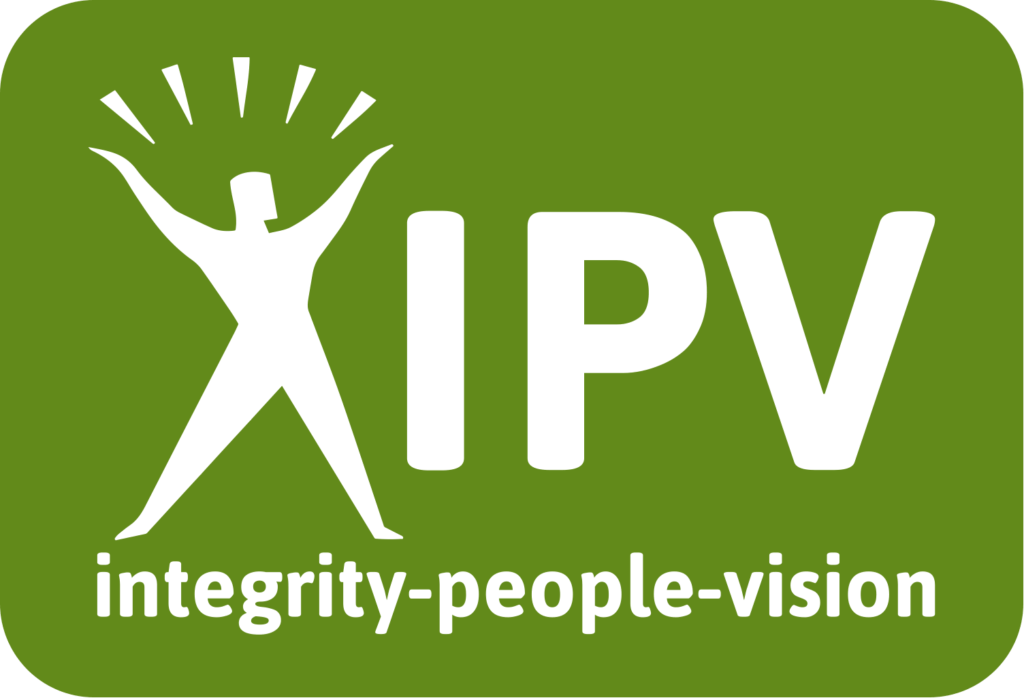
What is 94% of the population doing to paralyze 40% of their brain every day? Does this sound like an interesting question? According to the American Institute for Stress, this is a fact and especially more so in recent days with the onset of COVID.
When we’re under a massive amount of stress or chronic stress, we begin to literally create cellular changes in our brain. The first thing that happens is a paralyzation of the frontal cortex of the brain, which is the executive center of your brain. Now, that 40% is responsible for a lot of important roles in your life every single day, it becomes paralyzed because of the release of cortisol. I think we all know that the fight-or-flight response generates adrenaline and cortisol. Adrenaline gives us that superpower, but cortisol paralyzes the adrenal cortex because what it’s doing is keeping us from reasoning ourselves out of life-threatening situations.
When that happens, we end up with reduced attention, someone’s talking to you and it’s going right over your head. It lowers your perception; you have to read something five or six times to still not even know what you read. You have emotional distress; your emotions are all over the board and unpredictable and you don’t even know what’s happening inside of you. You have poor health, and 85% of visits to the doctor are stress related. You also have poor performance, obviously, if you are going to end up with a lot of paralyzation of the frontal cortex and all these other issues, it’s going to affect your performance. Even your energy level and sleeplessness, because it’s clinically shown that cortisol suppresses melatonin, which is a sleeping neurochemical.
There is a lot more I want to say about this, and I typically do it when I do corporate training and executive coaching and speaking, but what I want to encourage you to do is first take care of your inner dialogue. Pay attention and think about what you’re thinking about instead of just thinking rogue, really begin to pay attention to what’s going on internally.
If you need to write it down, take a thought journal. A lot of times when you go to therapy, cognitive behavioral therapy, that’s one of the things they ask you to do. Then decide to spend your energy on the things you can control versus what you can’t control. Now, this is going to take a little bit of deciphering, think about what topic or what issue is concerning you and whether or not you can control it, and then decide to reframe it into the things that you can control.
If you are a leader, take time to really invest in your team and actively listen. Now, when I say leader, I’m not just talking about the leaders of an organization. I’m talking about the leader of your family, actively listen to your children and your significant other, take time to pour into them, and draw out their best. It is proven that when somebody feels cared about and valued stress levels drop immensely.
The first step toward an engaged, productive team is to schedule your FREE session with our coaches.





